How can we make sure to travel light? When is it appropriate to bring a bit of extra baggage?
There’s a lot of really good advice out there about packing efficiently. If you’re just going for a holiday, it’s a good idea to focus on less. ‘Travel light’ and ‘don’t pack what you can buy there’ are common mantras which global nomads often come across.
What I see less of, is advice about packing for long term travel. If you are an expat moving to another country you might have a very different travel story.
People who are relocating to another country often have their valuables shipped by a moving company. However, they will have to survive on what they brought for a few months before the rest of their belongings are transported over.
My partner and I experienced a very unique situation around the time the Coronavirus pandemic struck. We ended up waiting 6 months before our luggage finally arrived from our home country.
In this case a travel light approach would actually not be good for us. As we would soon run out of supplies before our luggage eventually arrived.
In this post, I’d like to use my relocation experiences to give you a different perspective on packing for international travel.
Do you need it? Can you buy it over there? Do you want to do that at all?

If it’s something you don’t immediately need, maybe you don’t need to bring it. If you do realise you need it, you can always buy it when you arrive right?
This sort of advice is all over ‘travel light’ blog posts and for a while, it was my mantra too. Until I needed to relocate.
Packing light is great for a short stay but becomes very expensive in the long run. Better to pack something you can foresee yourself needing, even if not immediately, rather than spending time and money trying to find it in a foreign country.
Some things just aren’t that easy to find overseas in a country where you don’t speak the language and are not familiar with their shops. Some stuff can even be cheaper in your home country rather than overseas.
Before moving to your new destination, do your research. How do certain items compare with prices back home? If the item is a lot more expensive, see if there is a way you can bring it with you. For us in Turkey simple t-shirts and street food were pretty cost-effective. However certain food items ended up being more expensive than back home.
The added value of sentiment
Personally, I feel that if you are moving for a long time or relocating, it’s better to value sentiment to belongings and things. Things like your favourite food, or something that reminds you of home, are powerful tools to fight off homesickness and loneliness. If it’s something unique to your home country, it might be really expensive in your new destination.
While I would never advise someone on a 2-week trip to bring rations of their favourite ingredients, the story changes slightly when you’re moving to a new location. Nothing addresses those waves of nostalgia and homesickness better than a meal that reminds you of home. The same goes for those items that would be ‘nice’ but not always necessary. You may consider bringing your favourite mug with you, instead of waiting for it to arrive with your cargo or buying any old one from a supermarket.
Homesickness does eventually hit, and it’s good to be prepared for when it does. Here are 9 Lessons I learnt from my time living overseas.
Preparing for multiple situations
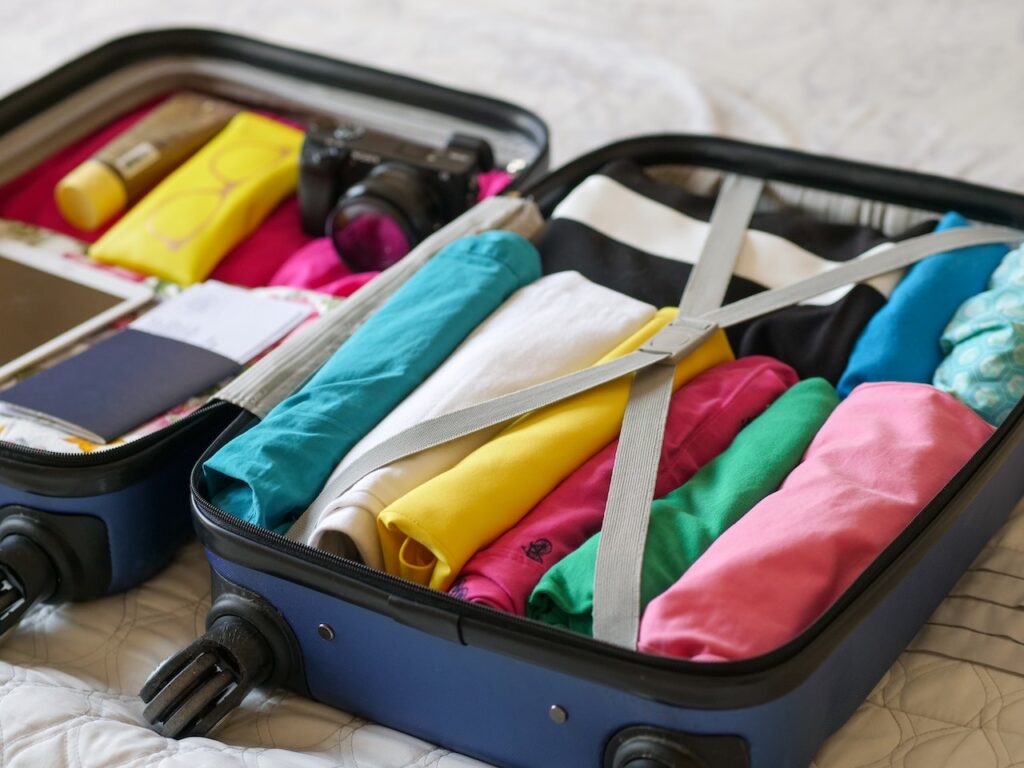
If you’re backpacking through Europe it might be acceptable to wear the same short-sleeve shirt and the same pair of shorts the whole time … maybe.
However if you are planning on living in a country for a long period of time; especially if you are going to be working straight from day 1, you might need to think a little bit more about what you need to bring.
Most ‘travel light’ advice recommends bringing a week’s worth of clothes, as well as picking tops that can match with multiple bottoms and vice versa.
You may need to prepare for multiple situations; different weather or even different levels of formality. It is the smarter thing to wear your bulkiest item rather than put it in luggage and those of us who are relocating will need to get even more creative with our clothing combinations.
Are you packing shirts that can double as casual and semi-formal? Can you find a walking shoe that might also be appropriate to wear to the office, at least in the initial period?
Expats need to plan ahead, more than your average tourist or backpacker. My wife and I both had to bring one suit, but if that wasn’t enough, a dry cleaning service was one of our top priorities to find. Our jackets had to compete for space with everything else in our luggage, and ultimately didn’t come out completely unscathed. Thankfully there are dry cleaning services around most metropolitan areas in Istanbul, and they are much cheaper than what the hotels have to offer.
Planning ahead and for multiple situations
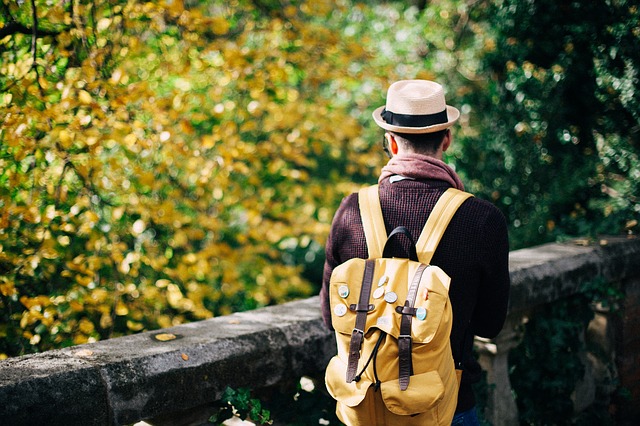
I forgot to pack a winter jacket for our time in Istanbul. My one got stuck in a shipping yard waiting for international borders to open; I also grossly misjudged the difference between Melbourne and Istanbul winters.
By winter our belongings still had not arrived yet but my wife was ready for the snow, thanks to her jacket which took up almost half of one suitcase. I needed to invest in a good snow jacket and we both needed to invest in appropriate shoes. We had no idea we’d be waiting that long and didn’t think to pack waterproof/snow suitable shoes at the time.
Relocating will force you to broaden what you are willing to accept in the ‘just in case’ department. I would recommend packing a good supply of all the necessary medicines (pain killers, anti-histamines, as well as food poisoning ones).
I came down with a fever and could feel a migraine coming on. Stumbling to a pharmacy to find aspirin just before a migraine was one of the worst things I’ve ever had to do.
You might need to pack more food than you initially thought
How would you like to spend your first few weeks in a new country?
If the answer is not thinking about your next meal, then you might prefer to bring some snacks and microwave meals for a week or two. A week or two? Doesn’t that mean packing up to 14 packs of instant noodles? Maybe.
Initially when I was packing it didn’t seem like an efficient usage of our personal space nor our budget. I wanted to travel light and not bring unnecessary snacks. Surely we could find something when we get there?
That’s exactly what I had to do; on the first night, it was either find something to eat or order the overpriced room service. I spent about an hour wandering the district for something to eat. Thankfully, our area had lots of restaurants, but I had just arrived and didn’t really know how to make my way around.
I had no way of discerning a good restaurant from a bad one, and I had no one to guide me or recommend me. Let’s not forget this was all after dark, in a crowded foreign city where my ability to communicate had been completely stripped away from me; since not many people spoke English.
The entire experience of finding a meal was an incredible sensory overload and by the time I got back to my apartment, I was exhausted.
I wished that we just had a pack of noodles we could pour some hot water over and be done with. I’ll explore the city in my own time when I’m not under pressure to find food for my family.
Snacks can be good!

I always quietly judged people who brought their favourite chocolates, biscuits, or coffees with them on trips. This stuff is universal right? Yes but no.
In the case of people who are relocating, I think it’s more reasonable or acceptable to bring your favourite snacks.
I never really gave dealing with homesickness through eating much credibility, especially for short term travel. However, after spending 6 months in Turkey I definitely empathise with people who get hunger cravings for home.
There are actually many ways to value things; and I believe it’s a helpful mindset for all travelers to have. Check out some other health mindsets here!
For me, the thing I missed was peanut butter. I thought it was ubiquitous but it seems otherwise. Tahini-based, pistachio and hazelnut spreads are way more popular in certain parts of the globe. Nothing I have found here really hits the spot like my favourite brand of peanut butter!
There is, with many things, a counter point to this. The faster you run out of your supply of snacks and cookies, the sooner you’ll have to shop locally and find an alternative. This is the first step in a long pathway of answering the question “have I settled down yet?”. If you’d like to read more about the tips and mental tools to help you settle in your new location; check out my article here.
What can you save on?
Definitely bring all the necessary toiletries, this is not the time to travel light!
However, never overlook the secret resources hotels have available to you for your ease. Maybe your accommodation isn’t settled yet, or maybe you are being quarantined.
Most hotels have an iron and ironing board, some budget hotels I’ve seen have a shared ironing space. They might also offer services like dry cleaning or machine washing.
Don’t forget to make use of hotel soaps and other toiletries as well as any other coffee sachets or creamers.
Once we arrived at our new house I survived on my hoarded Nescafe until we figured out where everything was.
Maximising personal items. What didn’t work during COVID.
There’s a lot of advice about utilising your hand luggage as another mini suitcase. Pack a few t-shirts and things that don’t fit well in your luggage in your hand carry. Ladies who also bring their handbags have some extra secret pockets for some luggage.
This was how we used to do things but since COVID our strategies and definition of “new normal” needed to change.
Our experiences when travelling with a certain airline to Turkey, during the COVID time, threw us a curveball. We were told that we would not be able to bring any hand carry; this was to reduce contact and spread of disease. This reduced our carry limit by about 14kg between the two of us and greatly affected how flexibly we packed.
It didn’t help that our travel agent dropped out of contact and couldn’t be any more helpful in this regard. So we had to play it extra careful and pack as if there would be no hand carry.
In defense of ‘unnecessary items’

Finally, I’d like to share a unique story from our travel experiences.
In most cases, you’d say that bringing a rice cooker in your luggage is a terrible idea. It was bulky and took up a lot of space. However, we were able to start cooking meals from day one. It meant we could spend on raw ingredients rather than takeout every day, which made our money last longer.
From a cost-effective point of view, it was much easier to cook soups, stews and curries in our pressure cooker and the recipes felt a bit closer to home.
Should you be packing a rice cooker or pressure cooker with you when you travel? Most likely no, especially if you want to fit other things in your luggage. However I know people who have done it, and I did it myself, and I found my cooking options were so much better off because of it. I will find it harder to judge those who after my own experiences.
Largely the same principles of travel light and packing efficiently apply for those who are also relocating. However in light of the different situations, long term travellers and expats will face, some of these rules and pieces of common knowledge can be tweaked and adjusted. I hope that you have found this to be a different and entertaining take on luggage packing advice.
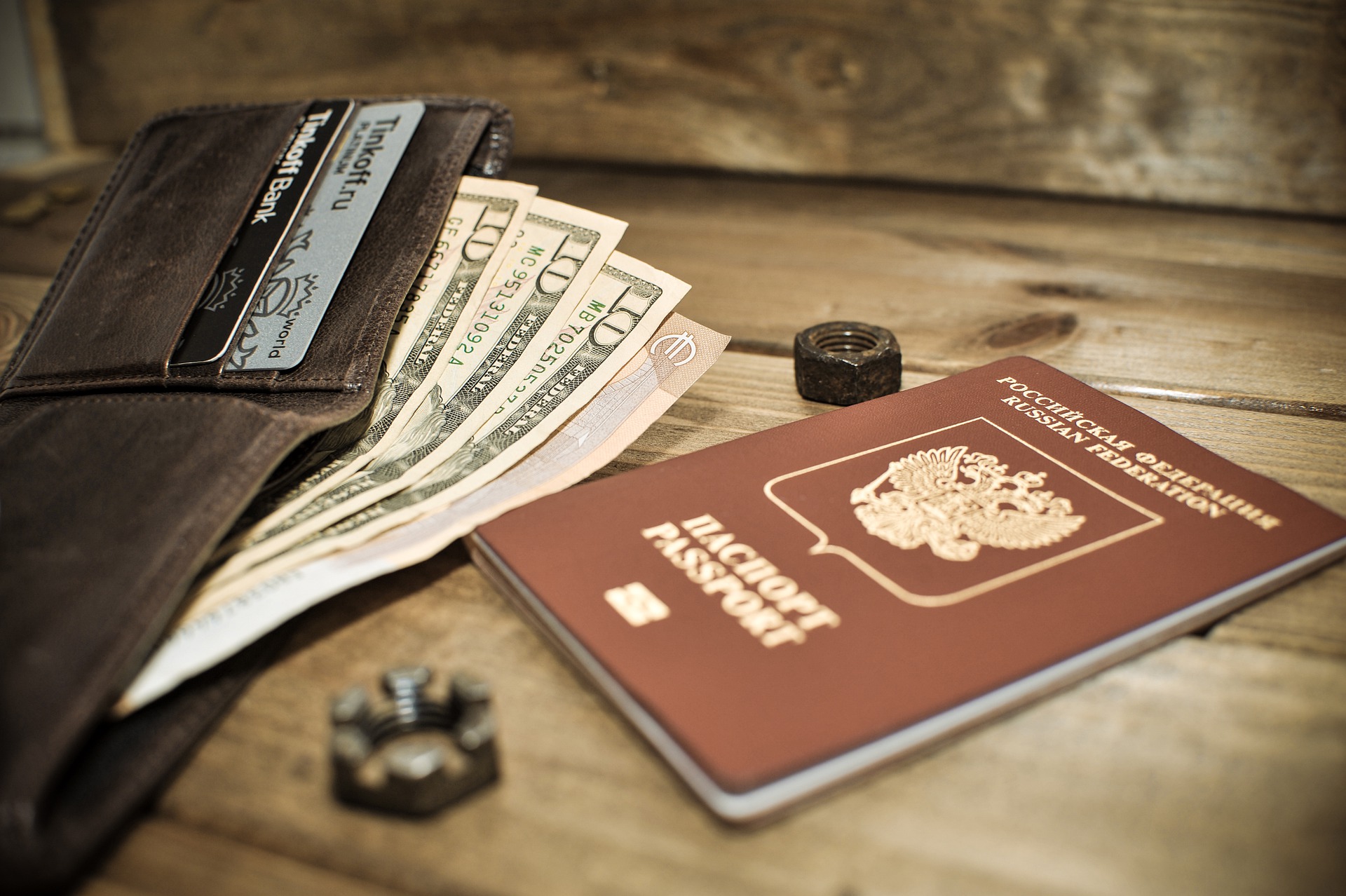

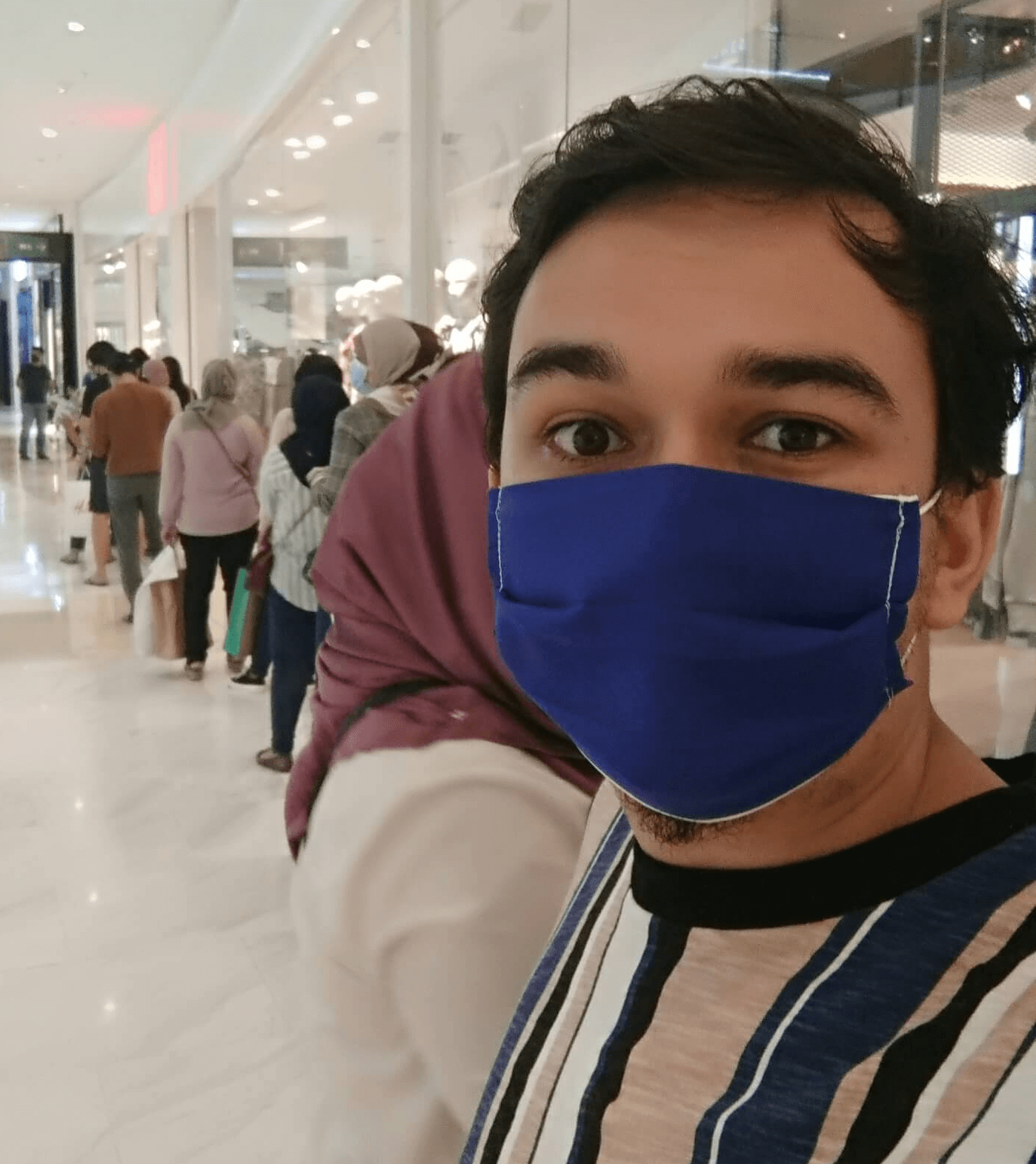
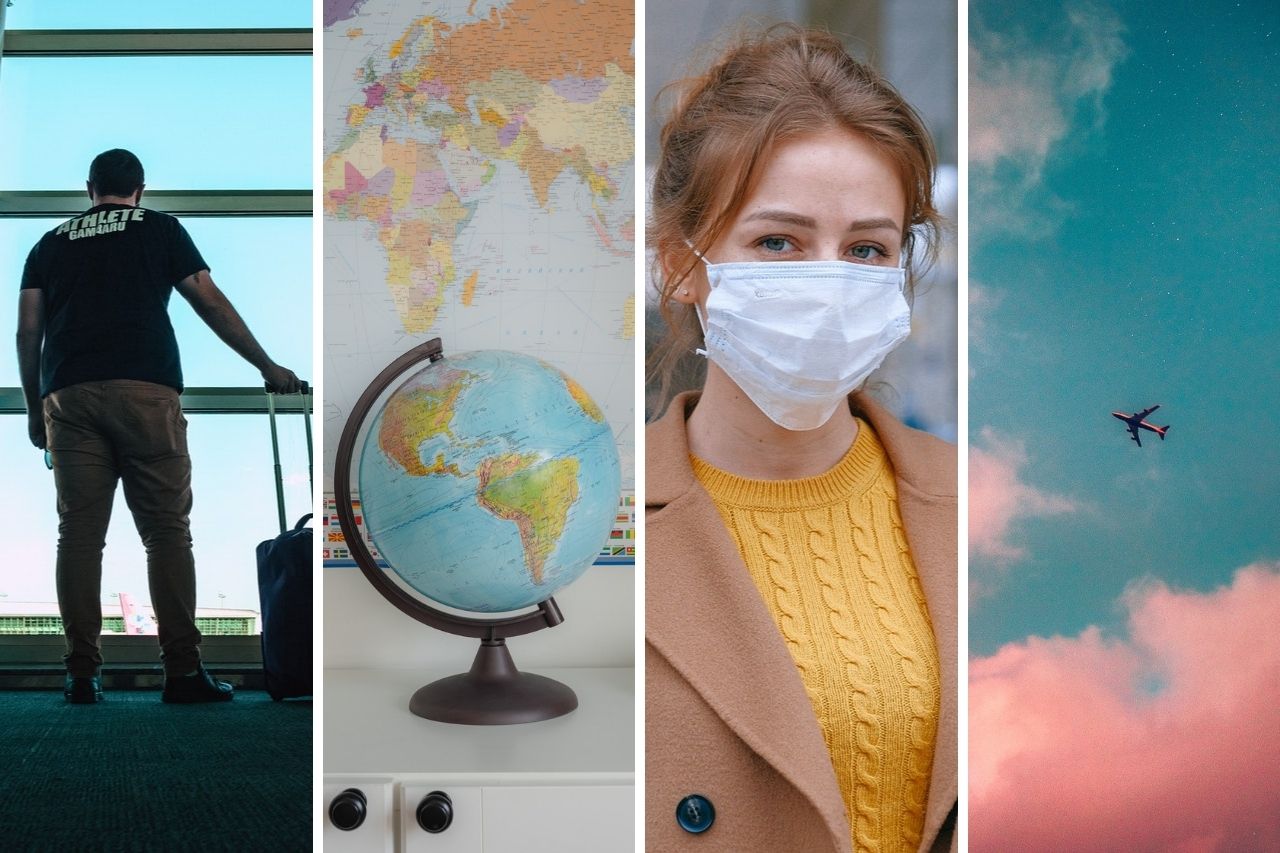

3 COMMENTS
Comments are closed.